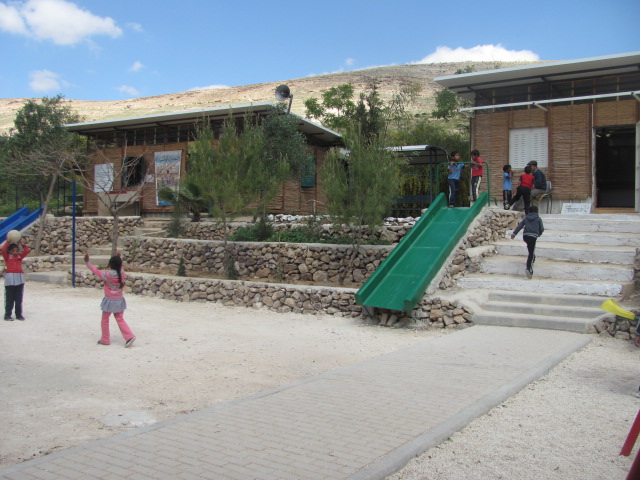The Ph.D research paper addresses the relations between the ethical, social and aesthetic aspects of architecture in Israel, and their manifestation in architectural projects planned over the past fifteen years. These projects were planned for disadvantaged population groups, in response to planning needs that the authorities and market neglect or fail to provide for, and they are set in motion by architects who initiate, join or become partners in the initiations of communities, non-governmental organizations and municipalities. The projects are carried out through community involvement.
In the research I examined the mutual relations between the architectural practice and the ethical, social and aesthetic aspects of the projects, and the theories that address them. The ethical core of this research addresses the human pole of architecture and architects’ attitude towards the users or residents of the projects that they plan. The social core addresses the social power relations that the projects are subject to, and the aesthetic core addresses the projects’ formal language, their spatial properties and internal or autonomous aspects of architecture, which are made possible through the architects’ creative freedom.
